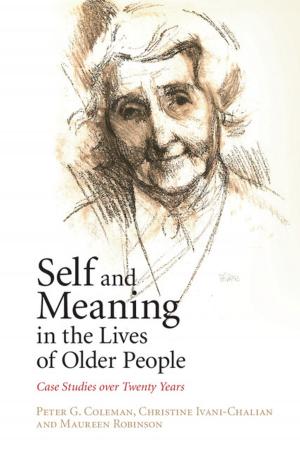Human Rights Activism and the End of the Cold War
A Transnational History of the Helsinki Network
Nonfiction, Social & Cultural Studies, Political Science, Politics, History & Theory, History| Author: | Sarah B. Snyder | ISBN: | 9781139063531 |
| Publisher: | Cambridge University Press | Publication: | June 20, 2011 |
| Imprint: | Cambridge University Press | Language: | English |
| Author: | Sarah B. Snyder |
| ISBN: | 9781139063531 |
| Publisher: | Cambridge University Press |
| Publication: | June 20, 2011 |
| Imprint: | Cambridge University Press |
| Language: | English |
Two of the most pressing questions facing international historians today are how and why the Cold War ended. Human Rights Activism and the End of the Cold War explores how, in the aftermath of the signing of the Helsinki Final Act in 1975, a transnational network of activists committed to human rights in the Soviet Union and Eastern Europe made the topic a central element in East-West diplomacy. As a result, human rights eventually became an important element of Cold War diplomacy and a central component of détente. Sarah B. Snyder demonstrates how this network influenced both Western and Eastern governments to pursue policies that fostered the rise of organized dissent in Eastern Europe, freedom of movement for East Germans and improved human rights practices in the Soviet Union - all factors in the end of the Cold War.
Two of the most pressing questions facing international historians today are how and why the Cold War ended. Human Rights Activism and the End of the Cold War explores how, in the aftermath of the signing of the Helsinki Final Act in 1975, a transnational network of activists committed to human rights in the Soviet Union and Eastern Europe made the topic a central element in East-West diplomacy. As a result, human rights eventually became an important element of Cold War diplomacy and a central component of détente. Sarah B. Snyder demonstrates how this network influenced both Western and Eastern governments to pursue policies that fostered the rise of organized dissent in Eastern Europe, freedom of movement for East Germans and improved human rights practices in the Soviet Union - all factors in the end of the Cold War.















